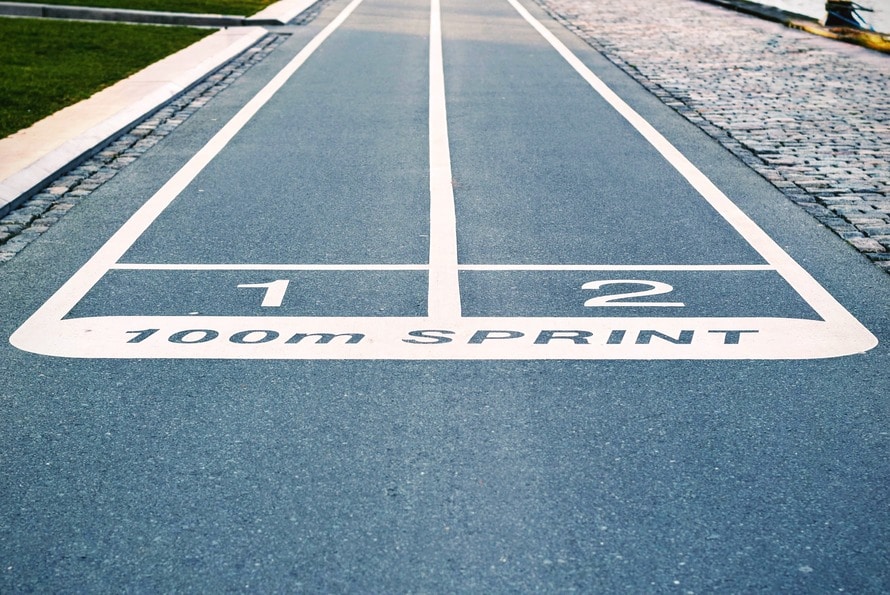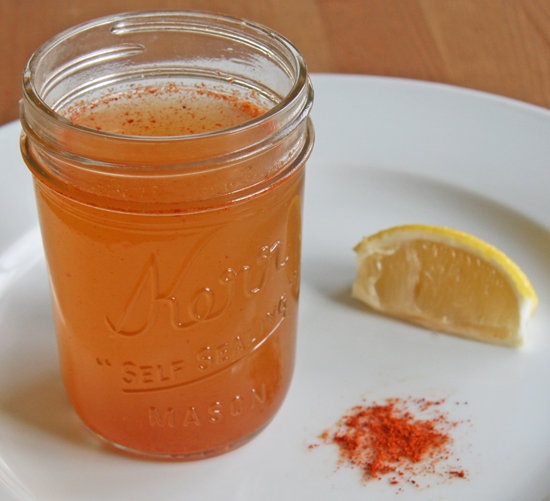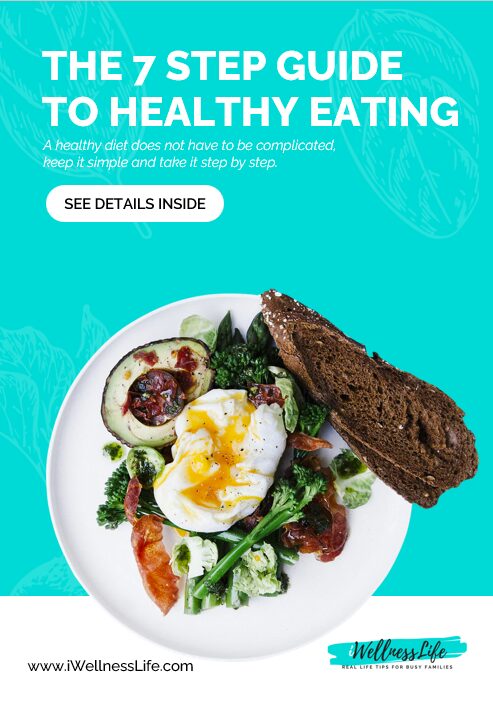This article explores some of the special needs that seniors (65 years old and above) face as they age. This special group are very precious to us so we want to make sure we give them the love they gave us. Here is some helpful information.
They basically have the same nutrition requirements as adults. They just need to focus on easy to digest foods versus tough to digest foods. The reason for this is we produce fewer digestive enzymes as we age. Great for beano (fiber product) and lactaid producers (milk and dairy product).
Insights for seniors
- Keep eating quality proteins, vegetables, fruits and essential fats
- Reduce anti-nutrient and high glycemic carbohydrates (i.e man-made foods, high/simple sugars, caffeine)
- Make sure seniors chew carefully and slowly to get maximum digestion in the mouth and esophagus
- Make sure they drink plenty of water which aides in digestion. Seniors also have a decreased sensation of thirst so it can lead to dehydration which can cause constipation
- Try not to drink (keep it to sips) while you eat as it flushes digestive enzymes away before they do their job

Specific nutritional needs
- Vitamin D, calcium and B12 are extremely important to seniors. This combination protects against osteoporosis, fatigue and injury
- Make sure they take an appropriate multivitamin and eat lots of low fat dairy to get their calcium and vitamin D requirements. Vitamin D is necessary for calcium to be absorbed into bones. Research shows that seniors with vitamin D supplementation suffer half the injuries as those without
- They should take a B12 supplement as well. B12 is essential for heart health and stroke prevention. About a third of seniors lack the stomach acid to properly absorb this nutrient so a quality B-vitamin supplement is essential
Get moving
Other than adequate water intake, proper nutrition and supplementation for seniors the most important next step is to get off the couch and get moving. The risk of nearly all of the old age diseases (cancer, heart, stroke, diabetes, dementia) are significantly reduced through regular exercise.
The key with seniors exercise is not intensity but frequency. Seniors must do some cardiovascular, stretching and resistance training daily.
Exercise options
Swimming, walking, riding bike, elliptical trainer, gardening, introductory yoga, aquatics, lifting some light weights for high repetitions (approximately 15 reps), exercise bands are also great, just follow the instructions on form, a circuit at curves etc.
Yoga and Pilates for beginners will satisfy the stretching requirements which will decrease aches and pains as well as help with balance.
Joining exercise classes such as introductory yoga, aquatics fitness and introductory strength and conditioning are great options for seniors.

Subscribe To Our VIP Newsletter
Join our VIP mailing list to receive additional content that goes even deeper into the latest tips to ensure you and your families health, fitness and wellness.
























